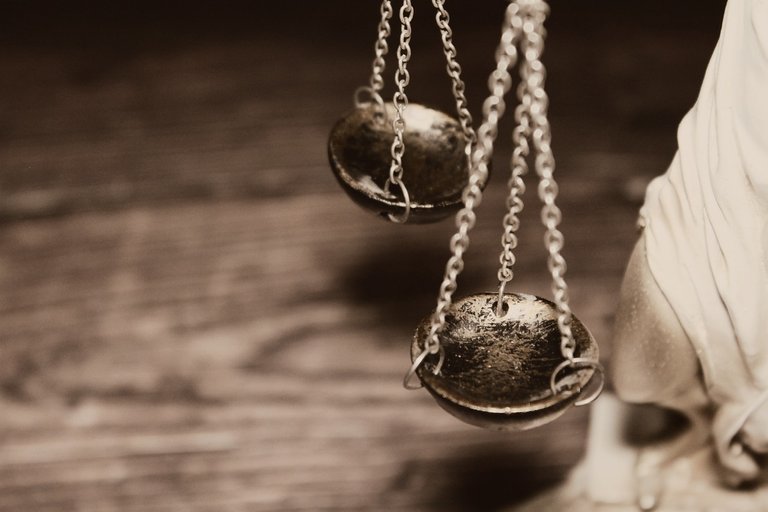
It's disheartening to see how often people cling to comforting lies instead of facing uncomfortable truths. When someone speaks honestly about a situation, their words are frequently twisted and used against them, leading to unfair judgment and condemnation. This tendency highlights a broader issue in society: we often overlook the complexities of human behavior.
Think about this: nobody starts out bad. Everyone who shows negative behavior was once good. Even Lucifer, who is often seen as the embodiment of evil, was originally an angel before his fall. This shift from good to bad doesn’t happen overnight; it’s shaped by various influences. People do wrong things for reasons, whether those reasons seem justified or not.
The biggest factor in turning someone from good to bad is influence. This influence can come from personal experiences, social environments, or interactions with others. Sadly, when society criticizes someone for their bad actions, it often ignores the influences that led to that behavior. This lack of understanding and empathy can result in unfair judgments and further alienation.

Take the legal system, for example. Even those accused of serious crimes like murder have the right to a defense attorney. This principle acknowledges that people are complex and their motivations multifaceted. Courts take the time to understand the reasons behind someone's actions before deciding their fate. This process underscores the importance of considering the context and influences that shape a person’s behavior.
Instead of rushing to condemn someone for their actions, we should look deeper to understand what led them to that point. Doing so helps us develop a more compassionate and informed perspective. This approach doesn’t excuse bad actions but seeks to understand them within a broader context.
Imagine the broader impact of this mindset. If we adopt a more empathetic and curious approach to understanding human behavior, we can create a more inclusive and supportive society. Instead of ostracizing those who have gone astray, we can provide the support and guidance they need to get back on track. This change in perspective can lead to more effective rehabilitation and reintegration, benefiting both the individual and society as a whole.
Conclusion
In conclusion, we need to see the beauty in everyone, even those who seem lost. No one is beyond redemption, and every negative action has an underlying cause that deserves our attention. By focusing on understanding the factors that influence behavior, we can move past superficial judgments and foster a more compassionate and just society. Let’s strive to uncover the good in each person, recognizing their potential despite their past actions.
